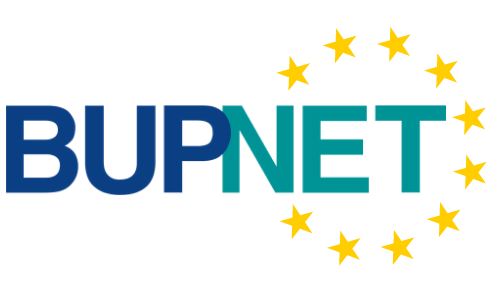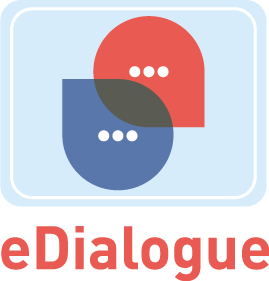An extensive research effort was undertaken to produce a report that sheds light on the state of open dialogue, discrimination and related issues in the German education system. Conducted through a careful mix of desk and field research, the study aimed to provide a nuanced understanding of how German schools address crucial issues such as racism, segregation, radicalisation, bullying, cyberbullying, and fake news.
Desk research: Uncovering policy and expert analysis
The first phase of the research involved a thorough desk research approach, delving into a wealth of policies, regulations, academic papers and expert analysis. This extensive research served as the basis for understanding the dynamics within the German education system and the broader societal context. This meticulous analysis was instrumental in creating a clearer picture of the challenges and opportunities surrounding the project’s core themes.
Secondary research: Exploring educational practices
The secondary research component focused on analysing how the German education system addresses the overarching themes of open dialogue, discrimination and related issues. This phase scrutinised existing methodologies, policies and educational approaches in place to address issues such as racism, segregation, radicalisation, bullying, cyberbullying and fake news.
Field research: Voices from the ground
The central aspect of the research unfolded during the fieldwork, which took place in October 2023. A diverse group of 15 participants, including secondary school teachers, education experts, university representatives, trainers and educational programme developers, participated in a focus group. This dynamic session took place during a training course organised by BUPNET in Massa, Italy. Their perspectives provided invaluable insights into the on-the-ground realities of implementing open dialogue strategies in the German educational landscape.
Key findings: A call for support and coordination
The research culminated in valuable insights and constructive feedback that highlighted the readiness of German schools to embrace open dialogue initiatives. While the majority expressed a willingness to incorporate innovative approaches into their educational practices, the consensus was clear – extensive support and additional resources, including time and staff, are essential for success. Participants stressed the importance of addressing inclusive dialogue topics in a cross-curricular manner, and emphasised the need for additional coordination to ensure effective integration.
Conclusion: Navigating towards inclusive dialogue
The research findings provide a dynamic portrait of the German education system’s receptiveness to open dialogue and inclusive practices. As schools navigate the evolving landscape of education, the call for increased support and coordinated efforts to address critical issues remains paramount. The research findings can serve as a compass to guide educational stakeholders in fostering an environment where open dialogue is not just a concept, but an integral part of the educational fabric, contributing to a more inclusive and informed society.

